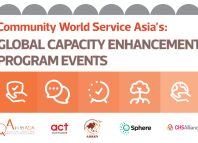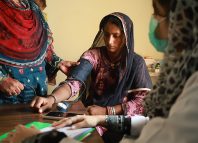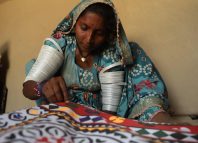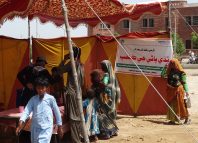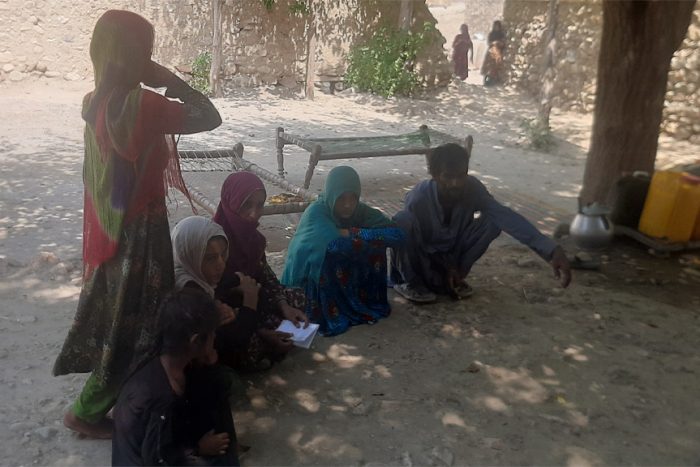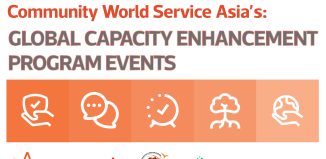Afghanistan’s unending Poverty births more Child Brides
“Five years ago, a conflict in Achin district forced us out of our home. We had to leave our home and resettle in Ghanikhil district of Nanganhar. We were nine members in our family so you can imagine how difficult resettling would have been. I was the sole provider and caretaker for my family,” says Wajeeha, a thirty-four year old mother of six children.
Wajeeha’s husband has been a drug addict for many years, thus does not work anywhere, leaving his wife to earn for the family as well as care for them at home. “Life has been difficult since we moved to Ghanikhil. We had no family or friends here. We had to start from scratch.” The family lives in a two room, damaged house. “We cannot afford to move to a better house as I cannot afford a higher rent than what we are already paying.”
Only fourteen years old, Wajeeha’s eldest son works as a porter at the Torkham border. He manages to bring home AFN 150 daily (USD 1.66). Wajeeha works on the farmlands in the seasonal months in exchange of some vegetables such as potatoes, turnips, pumpkin or grains. “At times, my daughters help me in the field. My children have to work so that there is food on the table. This means, they cannot go to school. Nor can I afford school fees.”
With an unstable income, growing children and rising expenses, Wajeeha ended up taking loans as she had no other means of financial support. In four years, Wajeeha’s credit debt went as up as AFN 350,000 (Approx. USD 3900). Most of her loans were owed to a land owner in the area. “The money that my son earned was insufficient to pay off for the loan and was used for day-to-day survival.” Wajeeha had to make an extremely difficult decision to pay off her debt. That even just a portion of it. “I got my twelve-year old daughter engaged to an older man who was willing to pay me AFN 200,000 (Approx. USD 2250) in return”.
As winters approached, Wajeeha and her children’s conditions worsened as they did not have a source of livelihood. “It became more difficult with every passing day. We had no food to eat for days. The land owner from whom I took the loan was constantly asking me to pay the remaining sum of AFN 115,000 (Approx. USD 1290). This constant pressure, and the stress of not being able to provide for my children, led me to make another unfortunate decision. I engaged my second daughter, who was only 10 years, off to the land owner as a means of paying off my debt to him. Sometimes in such grave times, we have to make decisions we never dreamt of making before.”
“My daughters cried the whole day on their engagement. My heart broke into pieces for them, but there was nothing I could do that could bring them comfort,” shared Wajeeha with tears in her eyes.
Under the ACT Appeal to support crisis affected communities in Afghanistan, Community World Service Asia is providing emergency relief to 160 families in three districts of Nangarhar. The appeal’s cash for food component is supporting 49 women-headed households with immediate cash assistance of USD 90 per month in three tranches (September, November & January). Wajeeha is one of them.
“Since September, I have felt some relief as we were able to consume three meals every day without the worry of running out of food. I was unable to find work in the harsh winter. But I was not worried about taking loans. I bought beans, peas, lentils, cooking oil, flour, macaroni, meat, fresh fruits and milk. I also bought some hens. I will care for them and sell the eggs produced in the local market. This way I will have a sustainable source of livelihood for some time.”

